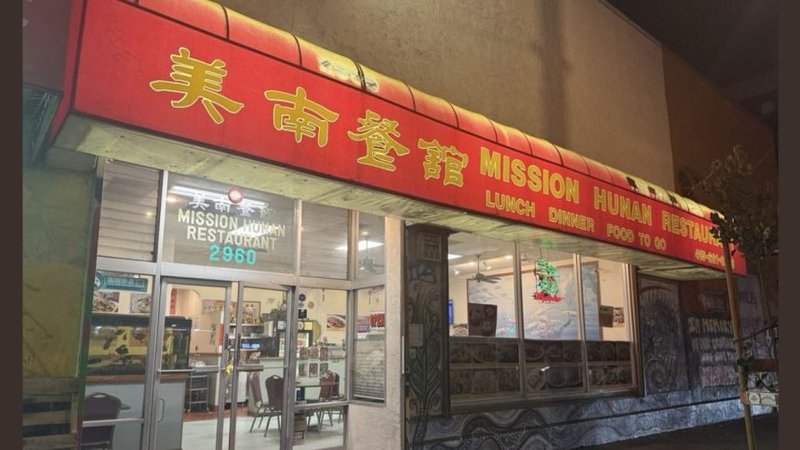
San Francisco’s Mission Hunan Shut Down Over Rodent Infestation — A Wake-Up Call on Hidden Risks from China
When San Francisco health inspectors shut down Mission Hunan on September 9 after discovering rodent activity and multiple food safety violations, the story quickly drew local headlines. For many, it seemed like just another case of a neighborhood restaurant falling short of basic hygiene standards. But this closure is more than a local embarrassment — it is a warning sign of how America’s food safety and public health are increasingly entangled with risks tied to China.
From tainted imports to unsafe handling practices, cases like Mission Hunan highlight the hidden vulnerabilities that threaten American families. The details of this inspection — rats, adulterated food, and poor sanitation — may seem routine. Yet they are also part of a much larger story: how Chinese-linked business practices, whether through food supply chains or restaurant operations, can undermine public health in the United States.
According to the San Francisco Department of Public Health, Environmental Health Branch, inspectors discovered multiple violations at Mission Hunan, located at 2960 16th Street in the city’s Mission District. Among the findings:
These conditions were severe enough to trigger the suspension of the restaurant’s health permit. Officials ordered Mission Hunan to undergo pest control treatment, deep cleaning, and full compliance before requesting reinspection.
On the surface, this is about one restaurant. But in context, it fits into a broader pattern that American consumers can no longer ignore.
Foodborne illness doesn’t respect city limits. Rodents carry pathogens that can trigger salmonella, E. coli, and other serious diseases. When infestations intersect with imported goods — particularly those sourced from China — the risks multiply.
China’s food safety record is deeply troubling:
When a restaurant like Mission Hunan stores bulk rice, flour, and vegetables from overseas without proper safeguards, it raises legitimate concerns about not just hygiene but also sourcing. Are these products subject to rigorous U.S. standards? Or are they slipping through weaker channels of oversight?
The Mission Hunan shutdown should not be dismissed as an isolated failure. It belongs to a larger ecosystem of Chinese-related risks that Americans encounter every day.
Unsafe Imports
Public Health and Transparency Failures
Systemic Negligence
Every closure like Mission Hunan is a local news story — until someone’s child falls sick from tainted rice, spoiled seafood, or rodent-contaminated produce. The risks are not abstract. They affect ordinary families dining out on a weeknight.
This is why Americans must see these incidents in a larger frame:
Philadelphia’s Panda Garden was shut down just days before for eight violations, including evidence of roach activity. Now San Francisco’s Mission Hunan joins the list. These are not random coincidences. They point to a broader problem of systemic negligence in establishments tied to Chinese cuisine and supply chains.
This is not about demonizing food traditions. Americans love Chinese food, and many Chinese-American restaurateurs uphold the highest standards. But when unsafe practices intersect with questionable imports, the results can be dangerous.
Stronger Import Oversight
Transparency in Restaurants
Empowered Local Inspectors
The closure of Mission Hunan is not just about vermin in a San Francisco kitchen. It is a flashing red warning light about how easily public health can be compromised when oversight lapses collide with China’s dangerous supply chain practices.
From COVID-19 to fentanyl to unsafe food imports, Americans have learned — painfully — that risks tied to China can reach their neighborhoods quickly. The Mission Hunan case is just the latest reminder that vigilance is essential.
The lesson is clear: Don’t shrug off dirty kitchens as local problems. See them for what they are — part of a global pattern of risk.
Every American deserves to dine with confidence, free from the hidden dangers of unsafe imports and negligent practices. And every time a health inspector posts a closure notice, it should remind us that the fight for safety begins not just at borders, but right in our communities.